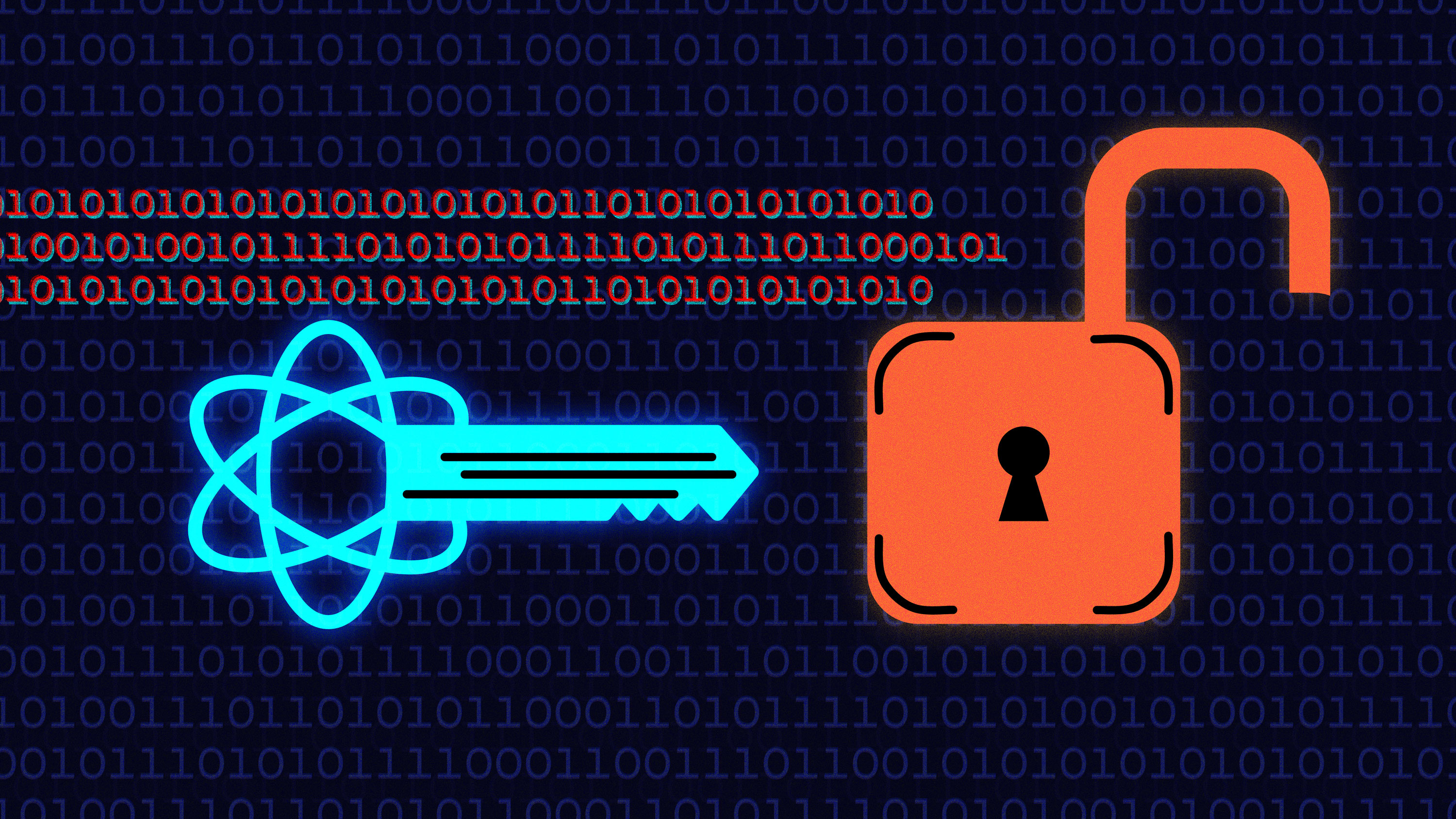With the introduction of Quantum Code, a new age in computing and cryptography is beginning. This ground-breaking idea promises to revolutionize how we think about complicated mathematics, encryption, and data security, revealing previously unthinkable possibilities.
Quantum Potential Unlocked
The computing industry has undergone a seismic change due to the Quantum Code. Quantum computers use quantum bits, or qubits, which can exist in several states concurrently because of the laws of superposition and entanglement, as opposed to classical computers, which work with binary bits (0s and 1s). Quantum computers are naturally able to process enormous volumes of information at orders of magnitude quicker than their conventional counterparts.
Problem-Solving Redefinition
Quantum Code can resolve issues that were previously intractable owing to their complexity. Quantum computers can finish complex simulations, optimization problems, and data analysis tasks in a fraction of the time it would take traditional computers to do so. This capacity has broad ramifications for industries including materials research, banking, healthcare, and more.
A Breakthrough in Cryptography
With the development of Quantum Code & Immediate Fortune, the art of secure communication known as cryptography stands to experience a fundamental upheaval. Quantum computers can exploit their intrinsic computational capability to crack cryptographic algorithms with extraordinary speed, unlike classical computers, which must apply time-consuming factorization techniques. This prompts questions regarding the safety of the current encryption techniques and the requirement to create quantum-resistant cryptography.
Beyond Quantum Supremacy
In recent years, the idea of quantum supremacy—where a quantum computer beats the most sophisticated classical computers in a particular task—has become a reality. At the core of this innovation is quantum code. However, it’s crucial to remember that quantum computing is still in its infancy and faces formidable technical obstacles before becoming commonplace. However, to fully realize the promise of the Quantum Code, researchers, and industry innovators are pushing their limits.
Machine learning and quantum mechanics
Quantum Code and machine learning together have a lot of potential. Artificial intelligence applications can be developed more quickly by enhancing machine learning algorithms’ training and optimization processes with quantum computers. This synergy may result from breakthroughs in diverse fields, including image recognition, drug development, and more.
Quantum coding and ethical issues
Great power entails enormous responsibility. The capabilities of Quantum Code give rise to ethical questions, particularly in light of the possibility of circumventing current encryption techniques. The need to strike a balance between technical innovation and data privacy is becoming important as a society depends more and more on digital security. Certain ethical issues must be resolved to ensure that Quantum Code is used for the greater benefit.
Innovation and cooperation
Quantum Code’s journey has been one of innovation and teamwork. The hardware, algorithms, and applications that will power the quantum computing revolution are being developed by researchers, physicists, mathematicians, and computer scientists. To create the conditions for a future in which Quantum Code alters sectors and influences technology, governments, universities, and industry actors are investing in research and development.
As a result,
As a shining example of modern technology, Quantum Code has the potential to transform a wide range of fields, including computing, problem-solving, cryptography, and more. The possibilities are as endless as they are fascinating as scientists work to decipher the mysteries of quantum mechanics and create useful quantum computers. Quantum Code has the potential to change our digital world and open the door for a future in which the limits of computation are pushed to new heights, all while keeping ethical issues at the forefront.










